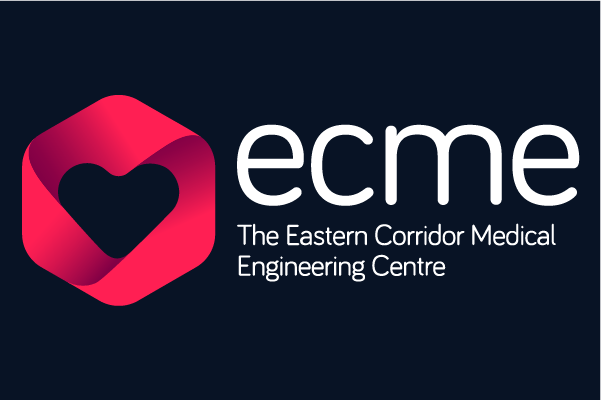Enhancing longer living in smarter places
Our research centre is based in Dundalk Institute of Technology
We develop ideas to enhance the lives of older people
NetwellCASALA at Dundalk Institute of Technology is a research centre and Living Lab where we design, develop, test and trial digital health and wellbeing solutions with and for older people, and those who care for and about them, to empower and support better and longer living in the community. We work collaboratively with multiple stakeholders in the public and private sectors, academia, and most importantly, with citizen end-users. We are committed to ensuring those most impacted by our work have an opportunity to contribute to our person-centred research, through public and patient involvement (PPI) across our projects . Below are some of our current and recent projects.

HCI and Digital Health
Led by Dr Julie Doyle, our goal is the design, development and evaluation of digital health technologies
to support older adults and those who care for them to manage their health and wellbeing thereby enhancing
independent living and improving quality of life. Methodologies are end-user centred, collaborative and
co-productive, engaging all stakeholders across the research and innovation cycle. Our CABIE-SIMS IoT
platform provides a powerful engine for a wide range of applications.

Wearables
Led by Dr Oonagh Giggins, exploiting the recent advances in wearable sensing technologies, to create
a new vista for monitoring health and performance, research undertaken under this theme centres
upon understanding health and disease and enhancing quality of life to improve health and well-being outcomes.
In collaboration with end-users we highlight the important role of technology enabled solutions for
improving population well-being, health service efficiencies and economic opportunity.

CABIE+ SIMS Platform
Netwell-CASALA has developed a unique interoperable open and source agnostic IoT platform, CABIE+ SIMS, to aggregate, organise and share the information needed to support people to manage their health and wellbeing. The platform is a stable and robust system and has been deployed and used in a number of research trials to date, including most recently the ProACT and SMILE projects, supporting 250 older adults self-managing chronic conditions at home across 3 European countries.

Living Lab
Led by Suzanne Smith, our research-driven Living Lab co-produce innovative solutions with citizens, academia
and the public, private and voluntary sectors focussed on Connected Age-Friendly Communities to support
longer living in smarter places. Our methods and tools are user and citizen centred, applied in real-world
contexts as well as in our Innovation and Performance Lab, and focused on co-production and knowledge
valorisation of innovative solutions.
Our research projects
View all projects
SEURO is an EU-funded Horizon 2020 project that aims to advance the digital health platform ProACT. The SEURO project will involve scaling up the ProACT platform for delivery across Europe.
ECME is a transformative cross-border research and innovation programme spanning Ireland, Northern Ireland and Scotland and adopts an inter-disciplinary approach to remote monitoring and home-based self-management for older persons with cardiac conditions.
This project, funded by Science Foundation Ireland's Frontiers of the Future programme and in collaboration with Technological University of Dublin will develop a new digital toolkit that will support someone living with dementia, together with their formal and informal carers, to self-manage their care.



